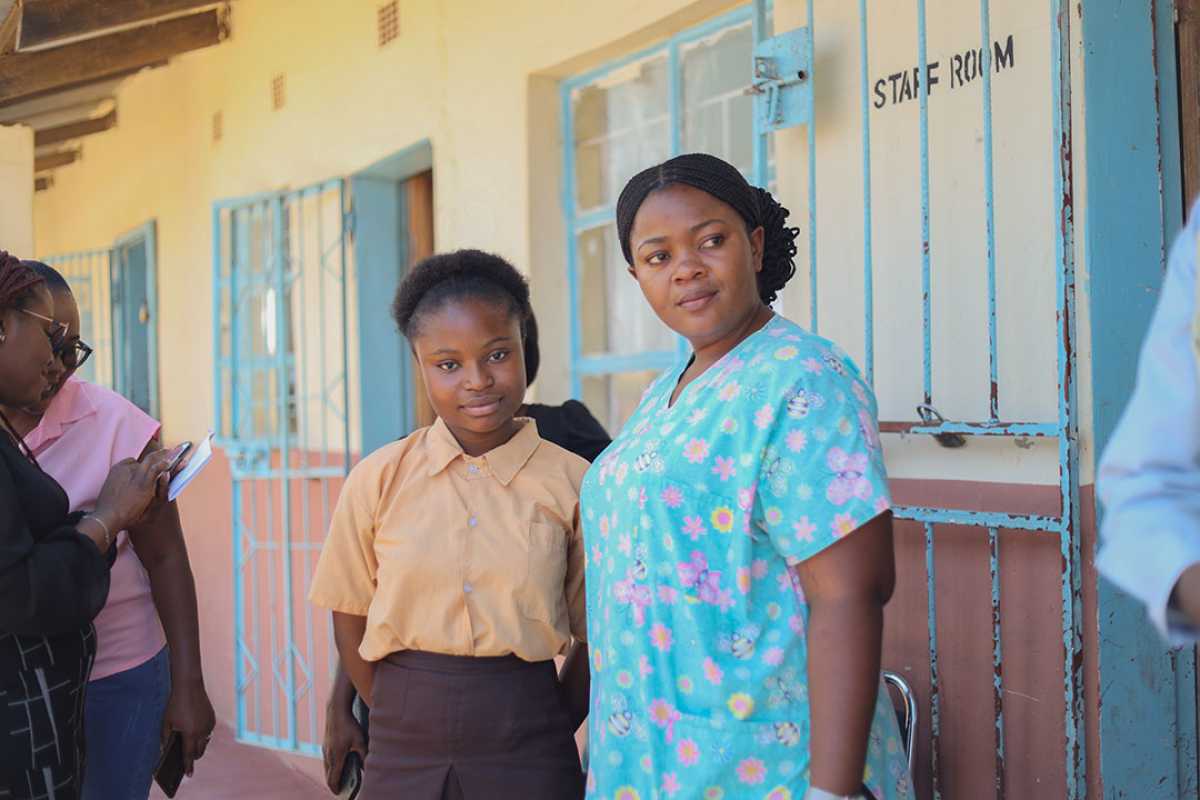Health
Gavi’s Impact: HPV Vaccines in the Fight Against Cervical Cancer

Cervical cancer, a preventable disease, claims the lives of one woman every two minutes globally. Despite the availability of the human papillomavirus (HPV) vaccine, the tragic reality is that over 90% of these deaths occur in low- and middle-income countries with limited healthcare access.
Recognizing this inequity, Gavi, an alliance focused on vaccine distribution, has been instrumental in making the HPV vaccine accessible where it is needed most. Gavi’s efforts have set ambitious targets to reach 86 million adolescent girls by 2025, aiming to prevent over 1.4 million future deaths from cervical cancer.
By the end of 2022, Gavi had already facilitated the vaccination of 16.3 million girls against cervical cancer. Subsequently, by the close of 2023, the HPV vaccine was successfully integrated into the national immunization programs of 38 countries, underscoring Gavi’s commitment to expanding vaccine coverage.
Gavi’s market shaping strategies have been pivotal in boosting investment in vaccine production capacity and driving product innovation. This proactive approach has led to additional funding of US$ 142 million by 2025, further supporting the fight against cervical cancer.
Currently, Gavi’s vaccine portfolio includes three WHO-prequalified HPV vaccines: GSK‘s Cervarix, Innovax’s Cecolin, and Merck‘s Gardasil. All these vaccines, whether protecting against two types (HPV2) or four types of the virus (HPV4), are equally effective in preventing cervical cancer.
To ensure a sustainable supply, Gavi monitors country demand, collaborates with partners, and provides regular updates to vaccine suppliers. This collaboration helps in aligning supply with demand and maintaining a healthy market that fosters vaccine accessibility.
Looking ahead, Gavi is focused on advocating for studies on new HPV vaccine products, defining financing mechanisms for various vaccines, and continuously monitoring demand trends. These efforts underscore Gavi’s commitment to eradicating cervical cancer through strategic vaccine distribution.












